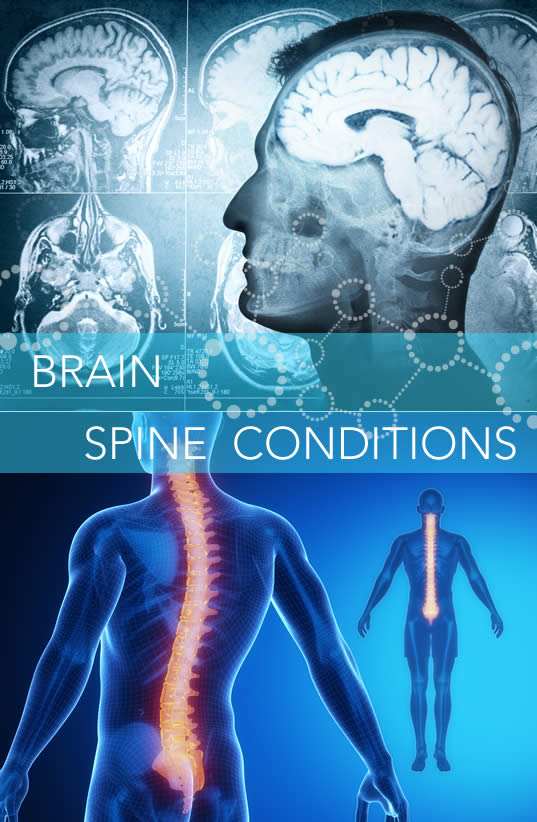
Epilepsy Specialist
What is epilepsy?
Epilepsy is a blanket term for a spectrum of recurring seizures. Abnormal electrical events fire in the brain and cause the seizures that typify the disorder. Yet, the seizures themselves cover a broad range of patterns, including both people who temporarily seem to zone out and those who collapse and lose muscle control, with many other types of episodes between the extremes.
In the United States, approximately 1 out of every 26 people will experience recurring seizures at some point in their lives. A single seizure, though, isn’t classed as epilepsy. A person must experience two or more seizures that can’t be attributed to another cause, such as extremely low blood sugar or alcohol withdrawal.
Epileptic seizures may occur because of injury or genetics, but the reasons for seizures are often unknown. When seizures occur in childhood, it’s possible for that person to outgrow the condition.
What are the symptoms of epileptic seizures?
Seizures can affect any body system that the brain controls, and the symptoms these create can vary widely. Though you may experience different types of seizure, it’s more common for symptoms to be similar for each episode. Generally, seizures fall into two types.
Focal seizures stem from abnormal activity in a localized part of the brain. This category has two sub-types:
- Simple partial seizures
- Complex partial seizures
Generalized seizures feature abnormal activity throughout the brain. There are six sub-types of generalized seizures:
- Absence seizures, formerly called petit mal seizures
- Atonic seizures, causing loss of muscle control
- Clonic seizures, typically affecting the neck, face, or arms, causing jerking, spasmed, repeated motion
- Myoclonic seizures, usually experienced as brief twitches and jerking of your arms or legs
- Tonic seizures, causing muscles to stiffen, affecting your arms, legs, and back
- Tonic-clonic seizures, previously called grand mal seizures, that cause loss of consciousness, muscle stiffening, shaking, and collapsing
How is epilepsy treated?
Treatment typically starts with medication, which usually requires experimenting to find both the right drug and the right dose. When epilepsy can’t be controlled sufficiently through medication, surgery can reduce or eliminate seizures, particularly when the abnormal brain activity is localized and away from areas that control vital systems.
Over 3 million Americans live with epilepsy, and an additional 150,000 new cases are diagnosed annually. One of the most common neurological disorders, successful management and treatment requires the knowledge and experience that the physicians of Arizona Neurosurgery and Spine At The CORE Institute, located in Phoenix and Peoria, Arizona, can provide.

